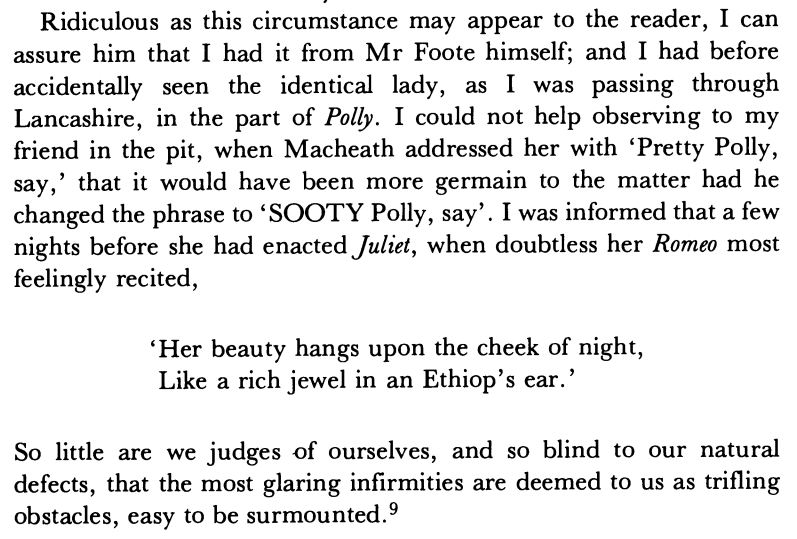Theatre Review: Shakespeare in the Garden's Romeo and Juliet
Everybody knows the story of Juliet and her Romeo. Everybody. It's a cultural touchstone unlike any other. It has been remixed, reinterpreted, reimagined, and probably remastered into 4K 3D. So what can a new production of it bring? Well, for a start, ukuleles.

The cast - all six of them - give the prologue in song. Reminding us (in updated English) that we all know what's coming. It had never occurred to me that the rhythm and rhyme of Shakespeare's poetry fits perfectly to music.
Now, by any count, there are at least 20 characters in the play. So the cast of 6 has to go through some rapid (and hilarious) costume changes to bring them all on to the stage. It also means that Romeo ends up marrying his father while Juliet is engaged to her mother. Freud would be proud. Various members of the audience are roped in to playing parts, holding scenery, and making music - which is rather jolly.
And I think that's the way I'd describe this production - jolly. We're all sat in a pub garden, beer in hand, catching a tan from the English rain, watching Bright Young Things dick about on stage. Half the audience muttering along to the half-remembered soliloquies while the other half are creased over with laughter. There are sword fights, fart jokes, teenage histrionics, and a scene-stealing nurse played by Vicky Gaskin. What more could you want?
The stage is cleverly designed multi-level bit of scaffolding - allowing the cast to clamber all over it, retrieve hidden props, and fits in well with the slightly shambolic æsthetic.
The entire cast were wonderful. They bantered with the audience beautifully, brought out the true emotion behind the play, and gamely gambolled away. The use of costumes to switch between characters is deftly done. And the whole thing ends with a song and jig, as is traditional.
The show is touring at a pub near you this summer and I thoroughly recommend it.
You can find out more by following Open Bar Theatre.
A Word On #ShakeRace
The term "#ShakeRace" was coined, I think, by Dr. Ambereen Dadabhoy. It looks at the intersection between Shakespeare and race. I've enjoyed reading several books about it.
We're firmly in the 21st century, so there's nothing particularly remarkable about seeing a mixed race cast in Shakespeare. And anyone who has been bedazzled by "& Juliet" will be used to a Black Juliet. But it is worth understanding a little about the history of how we got here.
The earliest evidence we have for a Black woman playing Shakespeare is a (sadly unnamed) actress touring the north of England some two-hundred and fifty years ago! Coincidentally she also played Juliet. John Jackson writing in 1770 had this to say:
 John Jackson, History of the Scottish Stage (London, 1793), pp. 349-51
John Jackson, History of the Scottish Stage (London, 1793), pp. 349-51
So anyone who claims a white-washed Shakespeare is somehow more traditional can get in the sea!
As noted by Jackson - does the intertextuality of the actor's skin colour change the meaning of the play? Does the speech need updating to account for the race of the players?
In the performance I saw, they skipped the word "Ethiop". Which I think makes sense. It's nothing to do with bowdlerisation, but rather a reflection on both the attitudes of the performers and the audience.
But, of course, as the play progresses we get more intertextuality. Consider Juliet's words as she speaks to Romeo:
Thou knowest the mask of night is on my face, Else would a maiden blush bepaint my cheek For that which thou hast heard me speak tonight.
In one sense, it is night and Romeo cannot see her. But what if she is making reference to her skin colour? It is unlikely that Shakespeare imagined the speech being given by a Black woman (although there were Black Tudors) - but this is the joy of seeing Shakespeare modernised! Whether it's a play set in outer-space or in a cliquey high school, Shakespeare's words become reinterpreted by our experience of seeing different actors play the parts.
Is the Montague and Capulet rivalry an ethnic conflict? After all, Lady Capulet reminds us that:
He is a kinsman to the Montague. Affection makes him false; he speaks not true. Some twenty of them fought in this black strife, And all those twenty could but kill one life.
Which is, of course, how West Side Story interprets the play.
All of which is to say, Romeo and Juliet remains as relevant as ever. As long as there are stars in the sky there will be people finding new and interesting ways to reimagine it for their audience.
